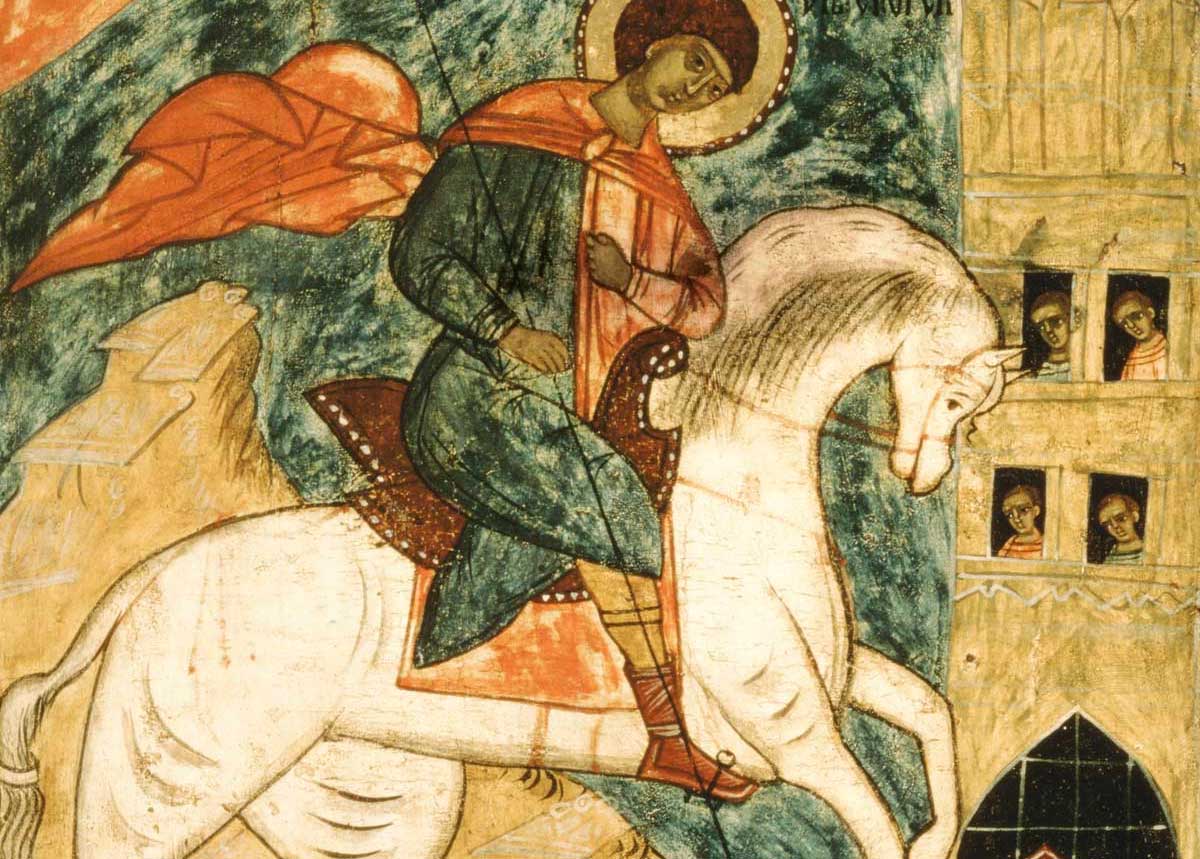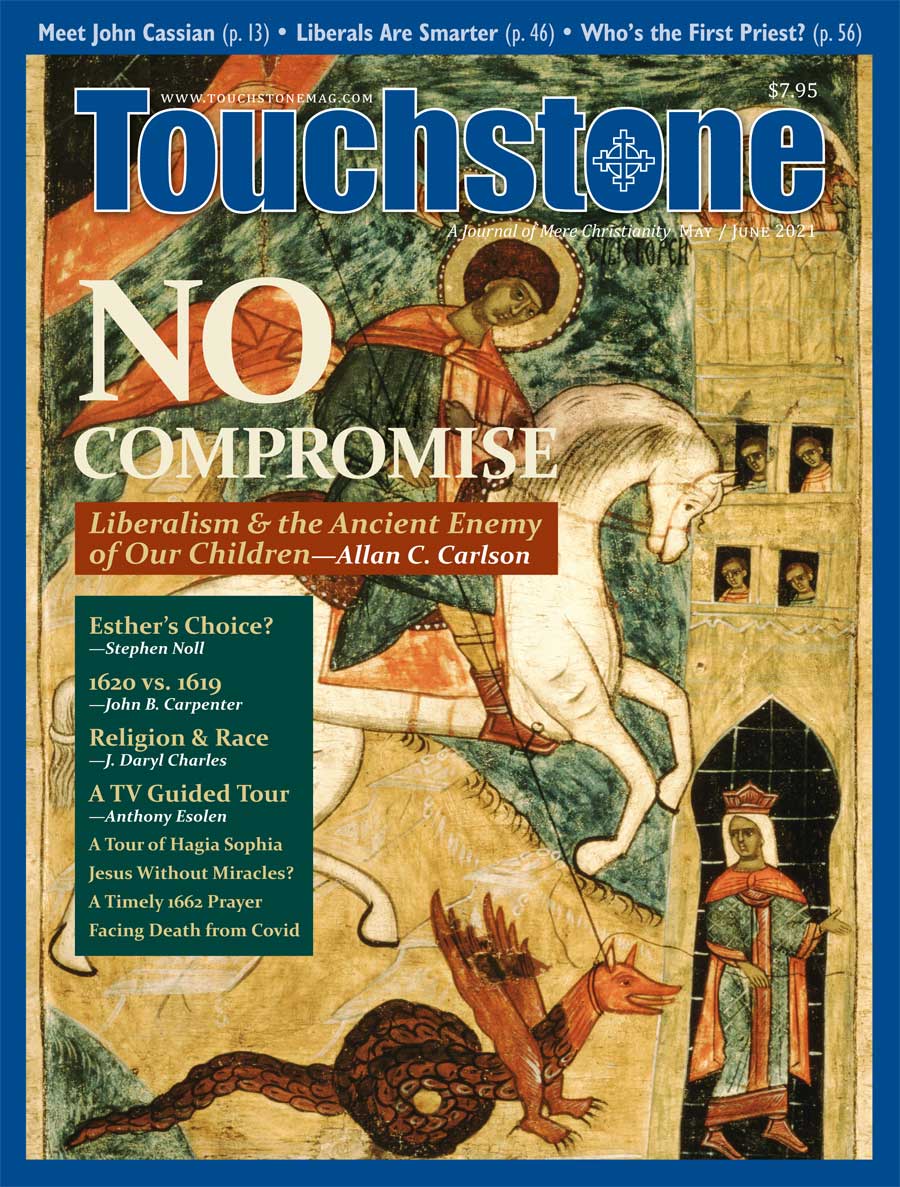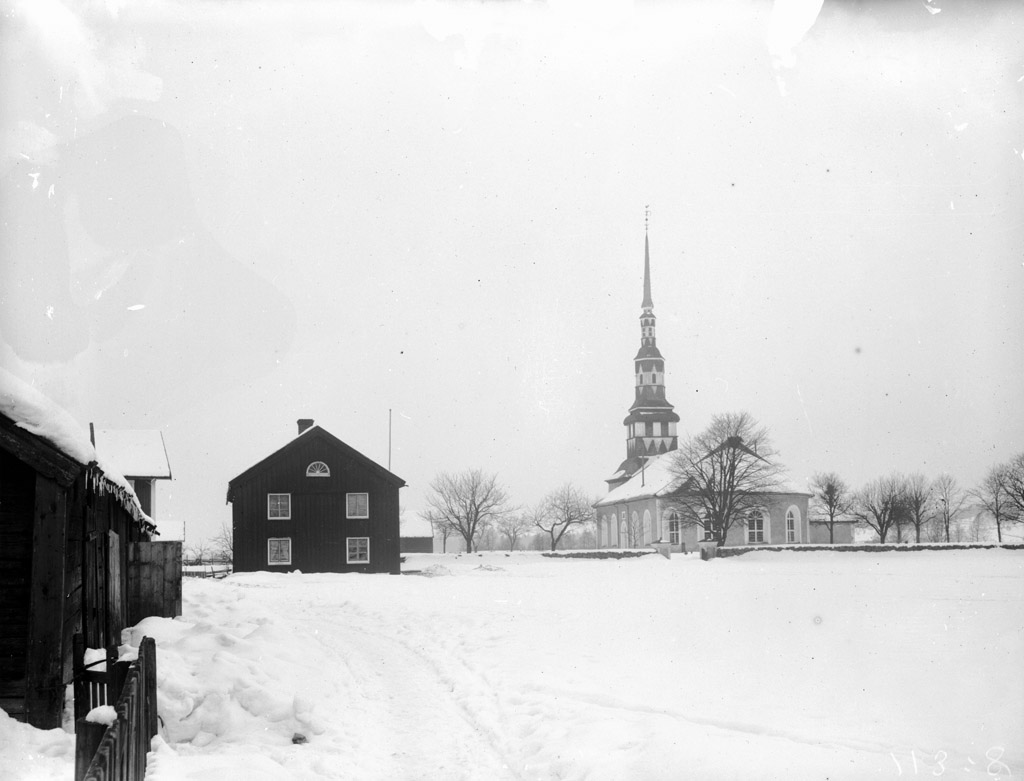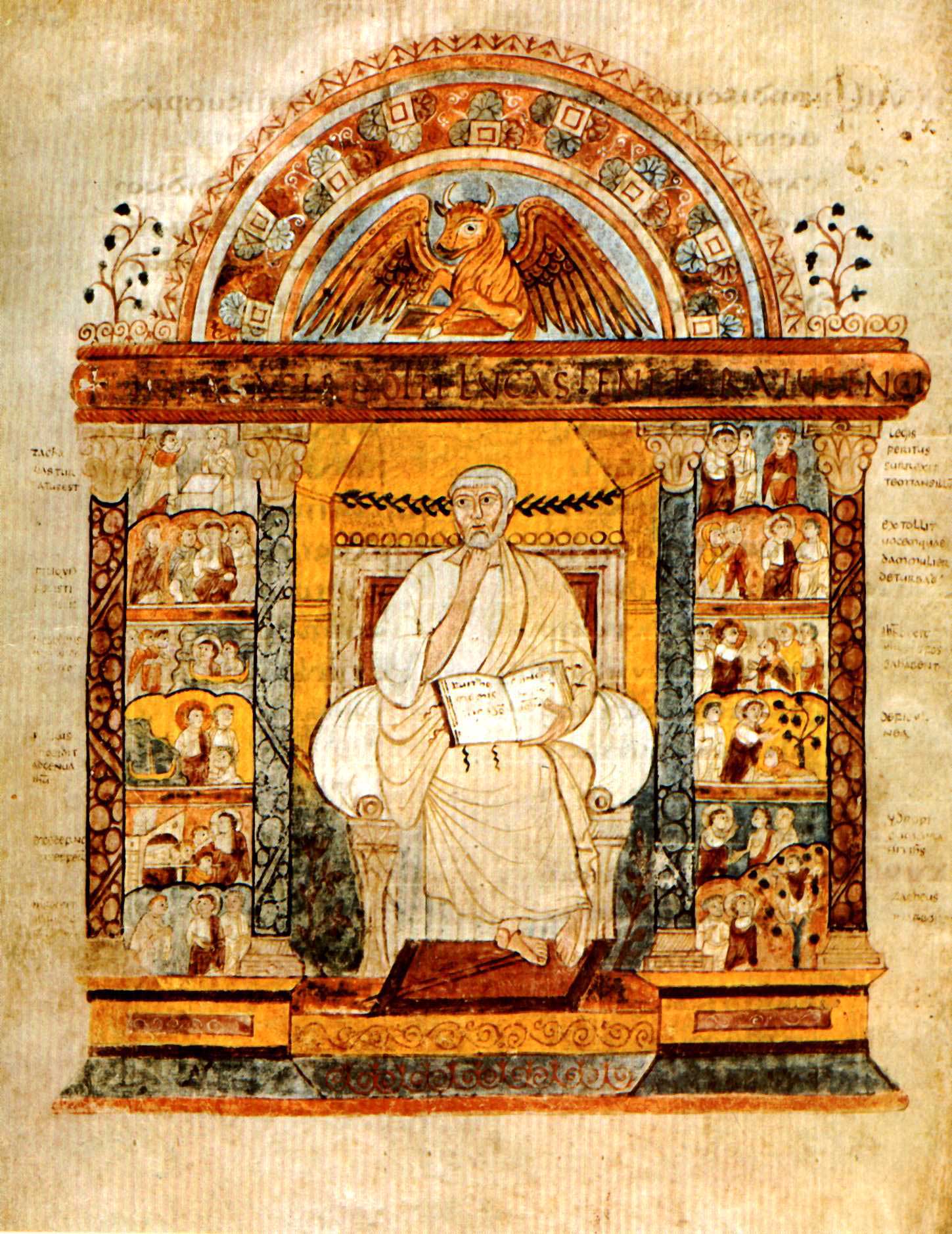No Compromise
Liberalism & the Ancient Enemy of Our Children
Censorship of orthodox Christians and social conservatives by "Big Tech" has now become routine. Examples from just one recent week include a theology professor at Houston Baptist University who received notice from Facebook that his account had been suspended because of comments he made on President Biden's transgender policies. The relatively benign Daily Citizen of Focus on the Family was locked out by Twitter for simply noting that a Biden appointee to high office "is a transgender woman, that is, a man who believes he is a woman." Meanwhile, YouTube erased thousands of hours of videos of the admittedly more combative LifeSite News, along with 300,000 of the site's followers, for unstated but easily imagined reasons. Stripe, TransferWise, and other financial "Big Tech" corporations have frozen the accounts and donor lists of like-minded groups.
Historical Background
To gain perspective on these matters, some history is in order. One hundred and fifty years ago, the Young Men's Christian Association of New York—then afire with righteous evangelicalism—created a secret committee to combat vice. Sparkplugged by the young Civil War veteran Anthony Comstock, the group went public as the New York Society for the Suppression of Vice, receiving a special legislative charter complete with police powers in 1873. In the ten years following, sister societies blossomed in other states.
As one historian correctly summarizes, the intellectual and political achievement of the anti-vice crusade "was to link abortion and contraception to the availability of obscene literature in city streets." Its purpose was also simple and clear: protection of the young. As Comstock told his colleagues: "We have been assigned by the Great Commander to constantly face some of the most insidious and deadly forces of evil that Satan is persistently aligning against the integrity of children of the present age."
Affirming this work were the leading corporate titans of the day. The New York Society's board of directors included the "Merchant Prince" of Wall Street, William E. Dodge, who created the massive Phelps Dodge mining conglomerate, and the finance capitalist Morris K. Jesup (who also founded the American Museum of Natural History). Better-known names among the founding directors were: Samuel Colgate, head of his family's soap business, who was Society President until his death in 1898; textbook publisher Alfred S. Barnes; and J. P. Morgan, the founder of the great bank that still bears his name.
And, truth be told, they, too, employed censorship in their work. The 1873 federal law enacted through anti-vice society advocacy banned from the U.S. Mail—the premier communication and distribution vehicle of the era—"every obscene, lewd or lascivious, and filthy book, pamphlet, picture, paper, letter, writing, print or other publications of an indecent character, and every article or thing designed, adapted, or intended for preventing conception or producing abortion." The law included funds for a Special Agent empowered to "open [mail] pouches and sacks to examine the mail therein" and to "seize all letters and bags, packets or parcels . . . carried contrary to law." At Congressional insistence, Mr. Comstock became that special agent.
These anti-vice warriors had their foes, to be sure, mainly organized into the National Liberal League. While publicly arguing for "free speech," the League's real agenda was the open transmission of pornography, an end to marriage laws, free access to birth control, and the broad secularization of American life.
For nearly half a century, though, the anti-vice societies held complete sway. Pornographers who had taken quick advantage of new printing and photographic technologies in the 1840s were suppressed. Several thousand of them received fines or prison terms, and the trade dried up. Indeed, by 1899, Boston's anti-vice society declared that "nothing further" was needed except for "constant watchfulness." Abortion, which had enjoyed a period of commercial visibility also starting in the 1840s, was driven deep underground forty years later. Regarding birth control, the societies made it dangerous to discuss contraception in print, even in medical texts. Among Comstock's last action campaigns was an effort to put Margaret Sanger—later founder of the Birth Control League of America (the predecessor to Planned Parenthood)—behind bars.
Important Lessons
Why bring up these historical shadows? Is this merely another wistful tale comparing "the good old days" to our current disorders? Or is this but an example of fair game? After all, if Christians once used corporate power and law to persecute the sexual revolutionaries of their time, is it not historic justice that the tables are now turned?
There are more important lessons.
First, the Christian failure to hold the anti-vice regime together deserves scrutiny. This legal empire was still intact in 1915, the year of Anthony Comstock's death. However, by then the Great War was already raging in Europe, a conflagration that the United States would enter two years later. Moral displacements followed in the 1920s, including new challenges to common Christian understandings of sex, marriage, and family. Figures like Comstock now appeared comical at best, dangerously coercive at worst. Such corporate leaders as Dodge, Jesup, Barnes, Colgate, and Morgan no longer walked on Wall Street. And with the exception of Roman Catholics who gravitated around Fr. John Ryan, Christian social ethicists became remarkably silent on these matters. Indeed, by the 1930s, some denominations were formally endorsing birth control (and thirty years later, abortion as well).
The second, and related, lesson was the portentous turn—certainly with hope—to liberalism (here, with a lower-case "l") as a guide to moral reasoning. Perhaps the attempt to write Christian sexual ethics into law was unfair, misguided, and even unnecessary. Perhaps public policy should allow private consciences to operate in matters of words, images, relationships, bedrooms, and pregnancies. Conservative Christians could still do these things their way, if individual adherents so chose, but they should no longer impose their views on others. A pleasant diversity of opinion might instead prevail. Beginning in the 1930s, federal court decisions began, in this spirit, to dismantle the "anti-vice" laws, instigating a legal revolution that reached a crescendo in the 1960s and 1970s, and continues to our day.
The Demands of "Capitalized" Liberalism
Forgotten, though, was the imperative of a "capitalized" Liberalism. As prefigured in the National Liberal League of the 1870s, it has no more respect for an agreeable moral pluralism than did the New York Society for the Suppression of Vice. This Liberalism insists, both culturally and legally, on the free (read atomized) individual. Human bonds of any sort—be they husband/wife or parent/child or extended family or faith community—must be stripped of every legal recognition or protection. The "free" individual must be able to pursue their [to adopt a contemporary pronoun] "own concept of existence, of meaning, of the universe, and of the mystery of human life" (U.S. Supreme Court, 1992).
In such matters, questions of sex, marriage, and the family always come to the fore, because these are fundamental to any understanding of human nature. Who are we? Why are we here? How ought we to live? Christians find answers in one-flesh marital unions of a man and a woman for purposes of bearing and rearing children, building strong homes, and binding the generations. Grounded in Genesis 1 and 2, with refinements from Jesus of Nazareth and his apostles, this way of life favors sexual discipline (chastity before wedlock, fidelity after), relatively early marriage, complementary sexual roles (men as fathers, providers, and protectors; women as mothers and nurturers), and large families.
The complete Liberal view denies any restraints on an individual's sexual quest. Each person is one of a hundred or more genders, and must find their orientation through search and experimentation. Something called marriage may occur between any two or more persons seeking public recognition for their sexual encounters. However, no one—not biological parents, nor relatives, nor clerics, nor teachers, nor lawgivers—may interfere with such a quest or relationship.
No Space for Compromise
It should be obvious that there is no space for compromise between these rival conceptions of being human. Indeed, conflict is inevitable for the very reason given long ago by Anthony Comstock: "the integrity of children." Christian families produce them, sometimes in abundance. Liberal relationships rarely do, leaving the adherents of this worldview with only one option for any future: capturing the children of the procreative, either directly by purchase (e.g., surrogacy) or legalized seizure; or indirectly, through indoctrination (e.g., "public education," properly conducted).
This conflict has taken new forms in our time. Among the combatants are "glitter moms," transgender men who use the Internet to solicit children to leave their natural families and join "glitter families," such as theirs. As Abigail Shrier writes in her recent book Irreversible Damage: The Transgender Craze Seducing Our Daughters, this process is now widespread, with public prosecutors strangely loath to counter this form of child sexual abuse.
More tellingly, new reports show that Planned Parenthood clinics have become some of the country's largest providers of cross-sex hormones, such as testosterone for girls seeking medical gender change. There should be no surprise here, though. An organization that began with a campaign against the conception of babies and then moved on to favor their abortion has now joined the push to abolish male and female, the very foundation of humanness. Liberalism has so come full circle.
The Reassertion of Parental Rights
What should be done? More than before, parents are the key. For a start, they must demand that public authorities bring the full force of law to bear on the "new" (but actually very, very old and familiar) sexual predators on the Internet. Moreover, responsible Christian parenting means the rejection of "Big Tech" inducements and ways and a strengthening of alternative, more reliable forms of network-building and communication.
Third, Christian advocacy must pivot to an enhanced defense of parental rights. The ability of parents to protect their children from the sexual regime of Liberalism is currently very weak. Thanks to prior court rulings, Planned Parenthood clinics can distribute contraceptives to and perform abortions on most legal minors pretty much at will. Gender ideologues aspire to the same status for their claims on children.
Put bluntly, this legal situation must be changed. An important contemporary step is a major conference on Parental Rights, scheduled for this October at Franciscan University of Steubenville (Ohio). With a number of prominent co-sponsors, it aims to move the protection of children through "parents' rights" to the top of the domestic policy agenda. Toward that end, a Parents Rights Amendment to the U.S. Constitution has already been drafted, awaiting a serious effort.
Meanwhile, Satan accelerates his assault on the integrity of the children of our age. He seems to hide less often now. He is more open, more brazen in his corruptions.
Still, the last word here shall come from Jesus himself. As he told his disciples, "whoever causes one of these little ones who believe in me to sin, it would be better for him if a millstone were hung around his neck and he were drowned in the depths of the sea." Dare we still say, Amen?
Allan C. Carlson is the John Howard Distinguished Senior Fellow at the International Organization for the Family. His most recent book is Family Cycles: Strength, Decline & Renewal in American Domestic Life, 1630-2000 (Transaction, 2016). He and his wife have four grown children and nine grandchildren. A "cradle Lutheran," he worships in a congregation of the Lutheran Church-Missouri Synod. He is a senior editor for Touchstone.
subscription options
Order
Print/Online Subscription

Get six issues (one year) of Touchstone PLUS full online access including pdf downloads for only $39.95. That's only $3.34 per month!
Order
Online Only
Subscription

Get a one-year full-access subscription to the Touchstone online archives for only $19.95. That's only $1.66 per month!
bulk subscriptions
Order Touchstone subscriptions in bulk and save $10 per sub! Each subscription includes 6 issues of Touchstone plus full online access to touchstonemag.com—including archives, videos, and pdf downloads of recent issues for only $29.95 each! Great for churches or study groups.
Transactions will be processed on a secure server.
more on family from the online archives

31.5—September/October 2018
Errands into the Moral Wilderness
Forms of Christian Family Witness & Renewal by Allan C. Carlson
more from the online archives
calling all readers
Please Donate
"There are magazines worth reading but few worth saving . . . Touchstone is just such a magazine."
—Alice von Hildebrand
"Here we do not concede one square millimeter of territory to falsehood, folly, contemporary sentimentality, or fashion. We speak the truth, and let God be our judge. . . . Touchstone is the one committedly Christian conservative journal."
—Anthony Esolen, Touchstone senior editor












